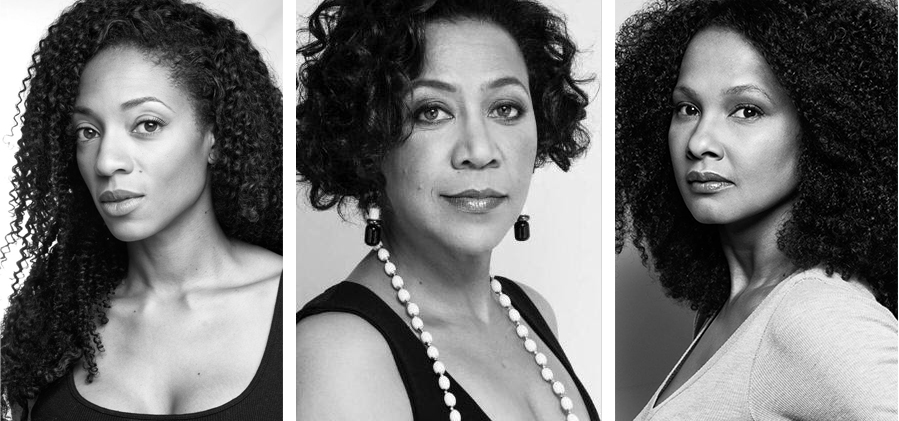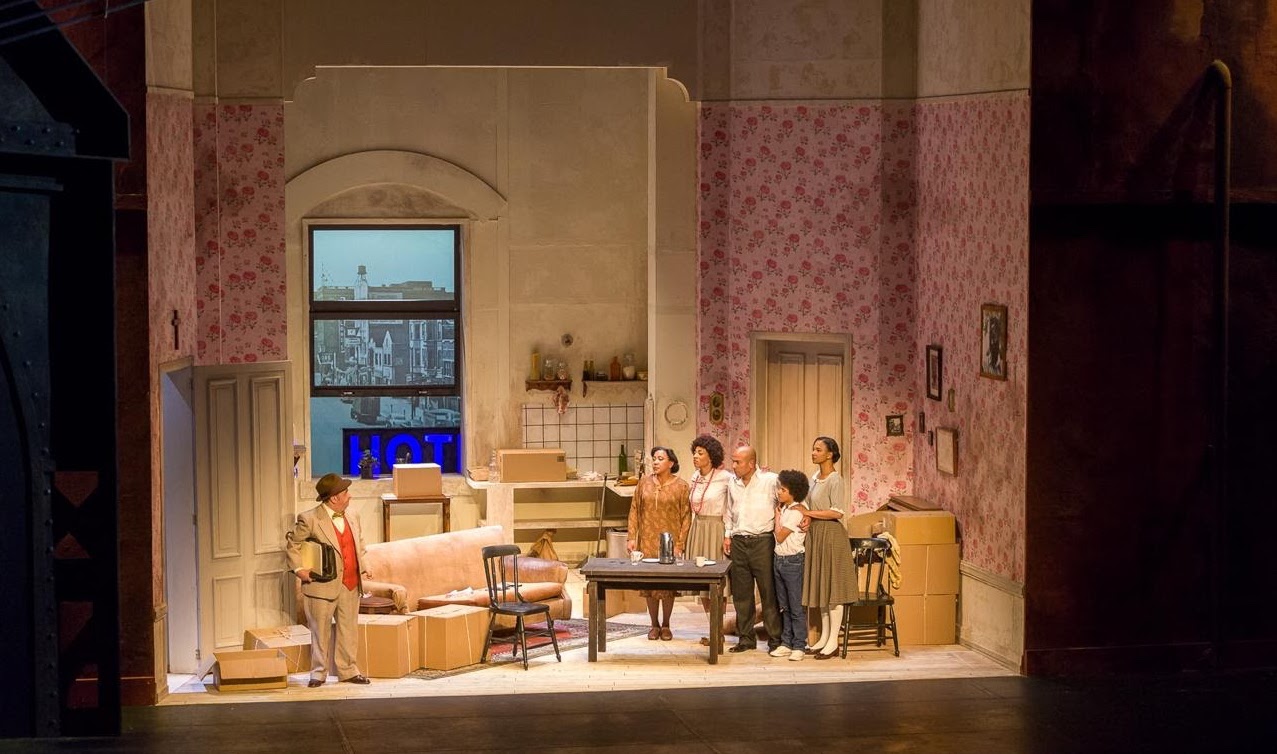Colombia is home to a culture influenced by an array of African influences, and yet, the nation has historically overlooked and/or excluded its Black population at various levels. Not only are they underrepresented in business and politics, they are also sidelined in arts and culture. However, three trailblazing Afro-Colombian actress are working to change that by creating opportunities for more Black and brown faces in a mostly white-dominated industry. Together, the three women formed Omenka (an Igbo word for artist) in 2009, and since then, they have dedicated themselves to filling this void in the arts world. Just this year, the trio lit up the stages of Bogota’s Teatro Colón with a moving rendition of Lorraine Hansberry’s classic play, A Raisin in the Sun. Now, in the wake of rave reviews, the group plans to set the bar even higher.
The three women behind Omenka are stars in their own right: Indhira Serrano starred in Celia, and Azúcar, Nina Caicedo worked on Made in Cartagena and La Esclava Blanca, and Bárbara Perea, a director and acting teacher, was in La Seleccion and Los Colores de la Fama.

“It’s important to own our voice,” co-founder Serrano shares with me as she passionately discusses the organization’s goals. “As Black female actors, we often have to adapt to other people’s story. This organization is the first of its kind. We are tired of waiting for opportunities, we want to create our own.”
Bringing their impressive resumes of work to the table, the three women have banded together to produce stageplays and spearhead social initiatives with a mission of promoting the “inclusion and visibility of Afro-Colombian artists in the media and the performing arts in a dignified manner.”
Omenka’s production of A Raisin in the Sun – translated to Uva pasa bajo el sol – was co-produced and sponsored by Chevron, the U.S. Embassy, and the Colombian Ministry of Culture. It garnered overwhelmingly positive attention from national media outlets. The play – which revolves around an African-American family struggling to better their lives in a climate of overt racism and limited opportunities in 1950s Chicago – made history as the first version translated into Spanish and broke ground with its all Afro-Colombian cast. The show ran throughout the month of August, and even with its cross-cultural subject matter, the themes of struggle and resilience hit on notes that are still very relevant to Afro/Indigenous people throughout Colombia.
“It told a universal story about dignity, dreams and [pursuing] personal happiness,” Indhira says, explaining why she believes the play resonated with Colombian audiences. And with Black stageplays rarely produced (or done with few resources), the group’s plan is to take Uva pasa bajo el sol around the country to predominantly Afro-Colombian communities in hopes of showing attendees that their stories matter and have a place in the arts.
“It is a big show to take on the road, and we want to do it [justice and maintain the quality], so that’s why we are taking our time to do it right,” Indhira adds. “We want to bring Black people to theater here.”

In the meantime, things have not slowed down for Omenka. It is currently partnering with Fundación Activos Culturales Afro (ACUA) – an organization that protects and supports the practice of parteríaand brings awareness to its roots in Afro-Colombian culture. Omenka created Cantan Los Soldados Canciones de Cuna, a play around this subject, which debuted in Cali, Colombia in November, and is being showcased in Lima, Peru this month.
“Fundacion ACUA helps protect the traditions of people of African descent,” Serrano says about Omenka’s latest project. “We spent time with the parterías in [Afro-descendant communities] along the Pacific coast, and we hired a writer to create a play that would connect this to Black heritage. It’s also a story of the relationship between life and death, and what doulas experience [firsthand].”
In addition to its collaborations, Omenka will celebrate its 10-year anniversary with a revamped presentation of Black Out, its first stage play, early next year.
“We have the opportunity to empower artists, women, and black people to create their own path.”
Afro-Colombians are estimated to make up to a quarter of the country’s population (statistics vary due to range of racial identification), and the demographic is still fighting for representation and equal opportunities across many social and political fronts. Although acting roles have often been limited for black Colombians, things are showing signs of change. The 2015 Colombian-produced telenovela series Celia, detailing the life of the late singer Celia Cruz, made waves with its predominantly Afro-Latino cast, and now La Mamá del 10, a new show featuring a Black female lead is showing that doors are opening; yet, there’s still much work to be done and the women of Omenka are dedicated to bridging the gaps.
“It’s important for others to see the organization and the work we are doing; many [fellow actors] have been supportive,” Indhira says. “We have the opportunity to empower artists, women, and black people to create their own path. We want to continue to create stories and jobs. We want to build a reputation of art with a message.”







